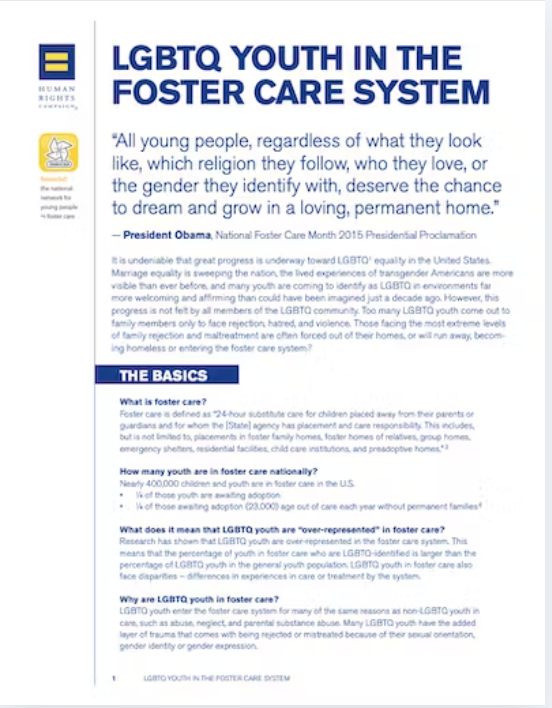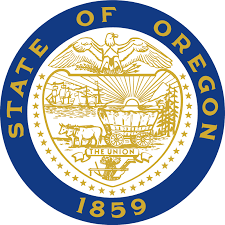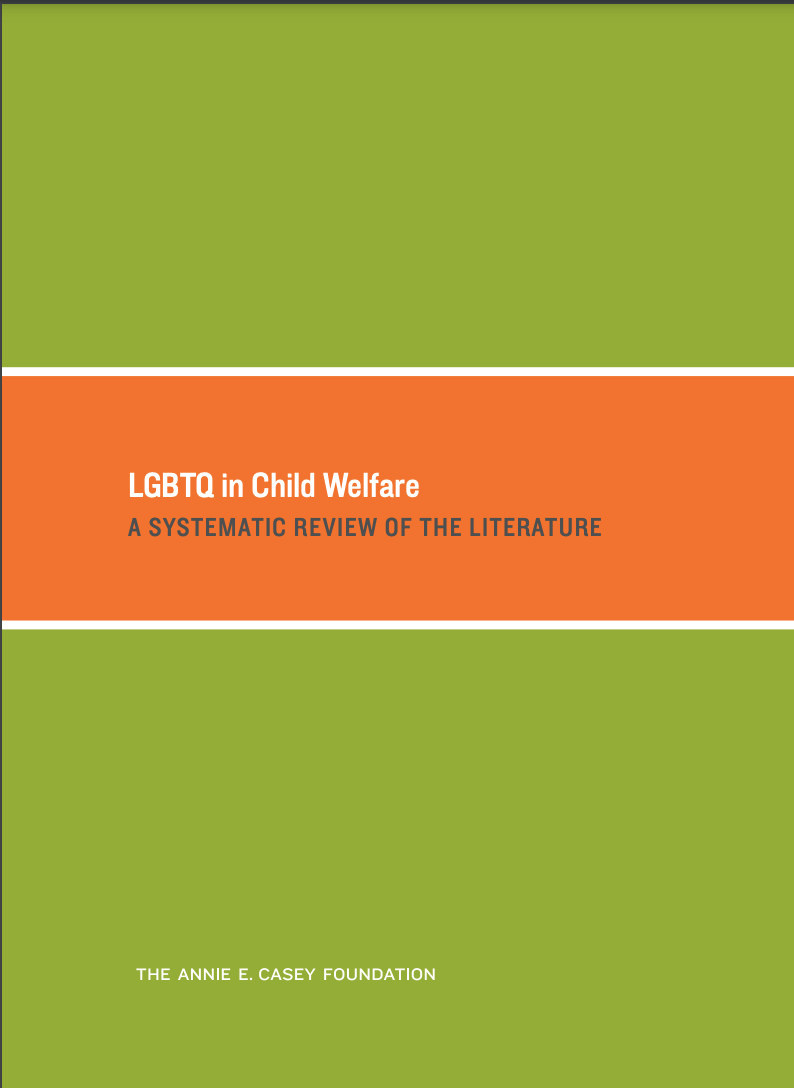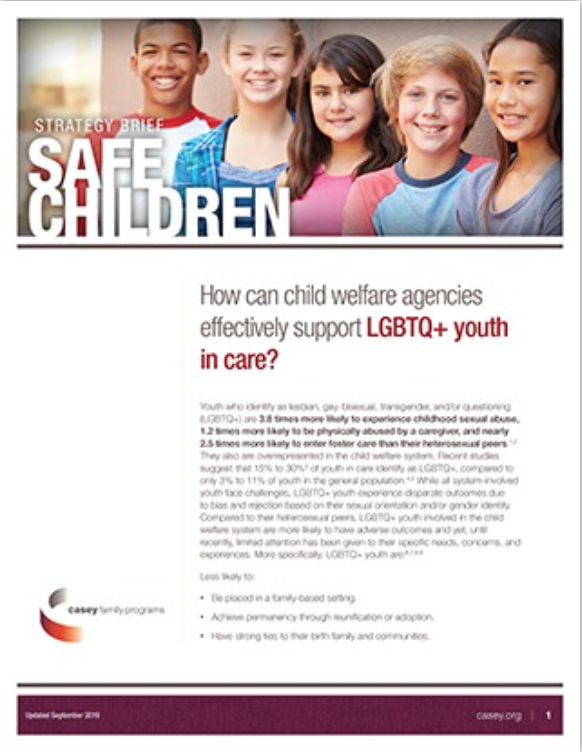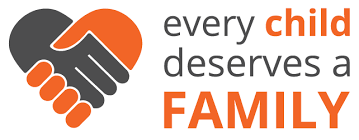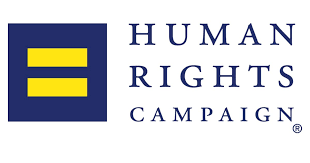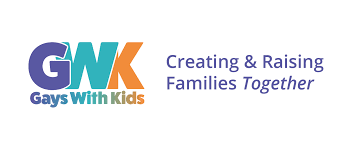
Every youth in foster care deserves equal and equitable care, regardless of their sexual orientation or gender identity.
Why it matters
LGBTQ2S+ youth often encounter discriminatory and inequitable treatment in the foster care system simply due to their sexual orientation or gender identity. Improved policies and practices are not just important, but essential, and are most effective when led by LGBTQ2S+ LEx Leaders who have firsthand experience within the system. These targeted improvements serve to provide queer identifying youth with the specific support and protection they rightfully deserve.
Quick Facts
Over 30% of youth in foster care identify as LGBTQ2S+, compared to 10% of the general population (source)
LGBTQ2S+ youth are twice as likely to report discrimination, and even more likely if they are Black or Brown (source).
In a 2019 FosterClub poll of LGBTQ2S+ youth, only 36% of youth agreed that they had an adult role model who affirmed their LGBTQ2S+ identity.
In the same poll, 75% of youth reported hearing negative messaging about their identities.
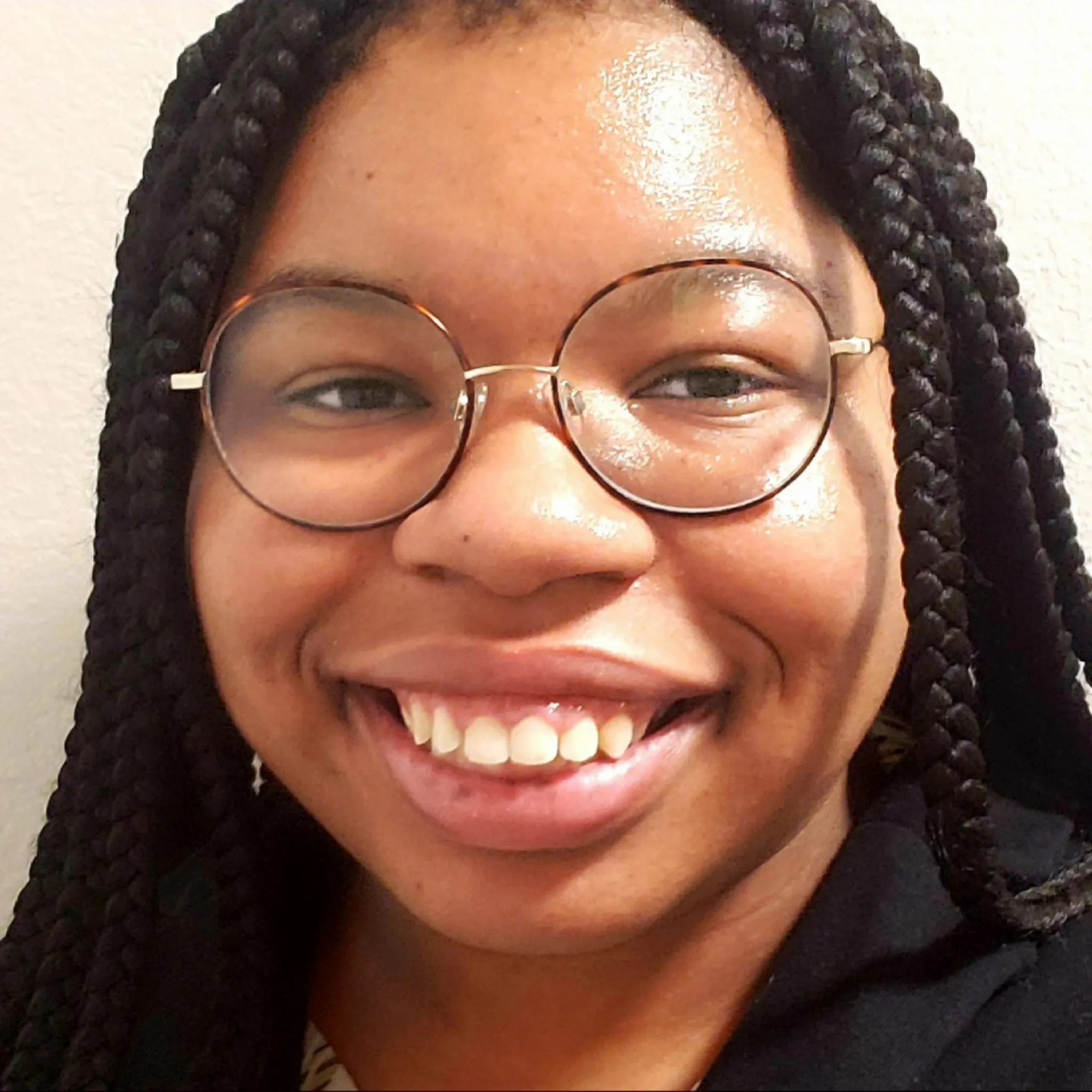
“Stopping youth from the ability to be in a loving family kind of defeats the purpose of why we have a foster care system.”
— Daysha, age 26, spent time in the Michigan foster care system
How we're working on this issue
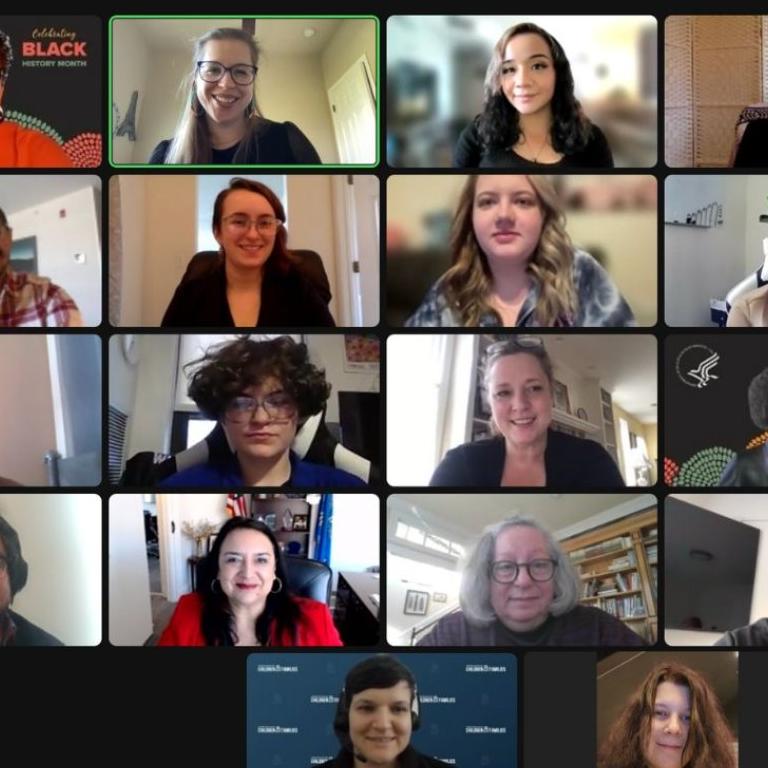
Speaking with Federal Officials About SOGI Data Collection
LGBTQ2S+ FosterClub LEx leaders often meet with federal officials to discuss their experiences related to sexual orientation and gender identity (SOGI) while in foster care. Conversations range from whether youth feel safe disclosing their SOGI, to the impact of coming out during their time in foster care.
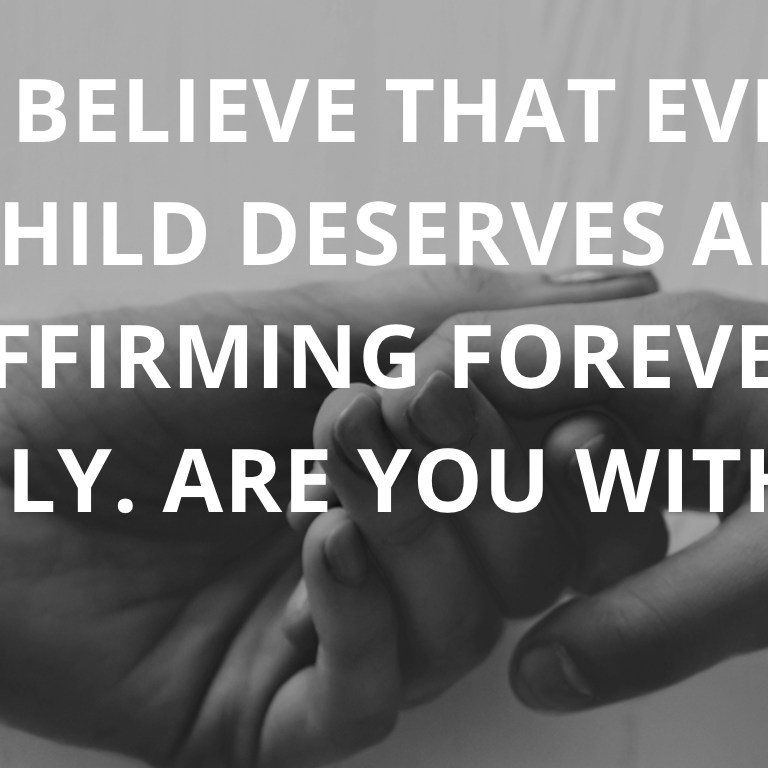
Advocate for Laws to Fight Discrimination by Agencies
LGBTQ2S+ FosterClub LEx Leaders often engage with a coalition of national organizations focused on supporting LGBTQ2S+ youth and families in foster care. For example, upon learning about a new federal rule aimed at preventing discrimination against LGBTQ2S+ individuals by federal agencies, LEx Leaders got together and shared their insights. Their expertise underscored the importance of anti-discrimination protections in ensuring the well-being and success of LGBTQ2S+ youth within the foster care system.
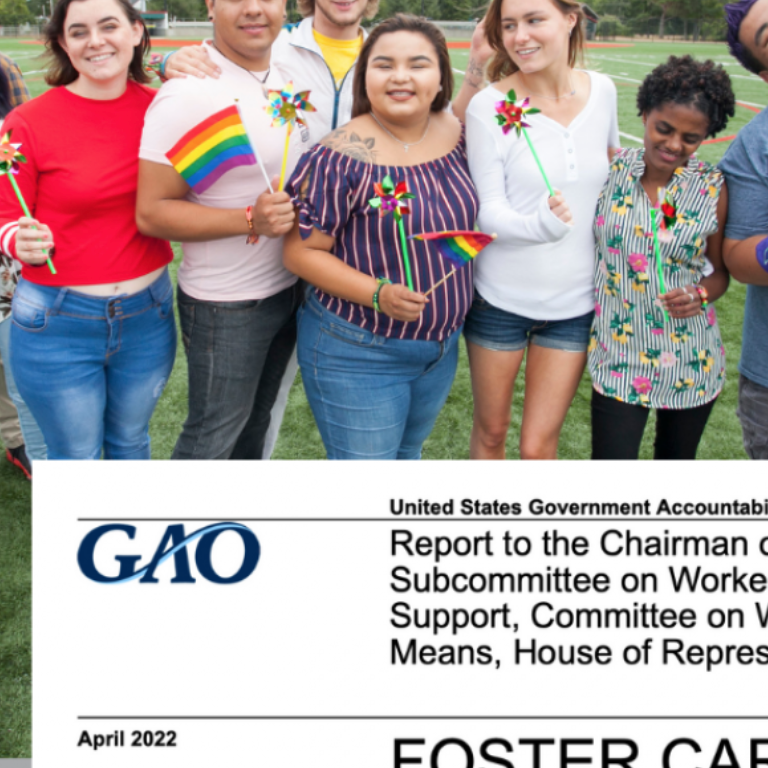
Contributing to Government Reports
LEx leaders collaborated with the Government Accountability Office staff to share their personal experiences in foster care, specifically focusing on LGBTQ2S+ identity and religious experiences. Their input informed a comprehensive report that scrutinized the conditions facing young people in the foster care system. The report offered actionable recommendations for states, suggesting the importance of data collection, the implementation of nondiscrimination policies, and enhanced training for child welfare professionals to better support LGBTQ2S+ youth.
"As a bisexual biracial youth, I noticed that a lot of caregivers and staff don’t have a lot of training around handling LGBTQ2S+ youth. I feel like their personal opinions get involved and make it more complicated… So creating more training and creating more transparency will move things forward.”
— Keyona, age 22, spent time in the Arizona foster care system

Blogs on LGBTQ2S+ Youth
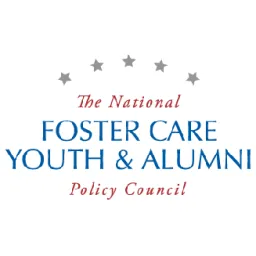
National Policy Council Submits Comments to HHS regarding removal of protections from discrimination
In December 2019, Members of the National Foster Care Youth & Alumni Policy Council submitted comments in response to a proposed rule change from HHS ( RIN 0991-AC16, 84 Fed. Reg. 63831 (Nov. 19, 2019 ) which would essentially remove protections from discrimination for children and young people on the basis of sex, sexual orientation, gender identity and in some...
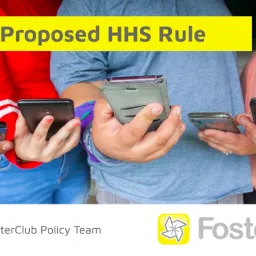
FosterClub Host Learning Session On HHS New Rule - Watch the Webinar!
Watch this 30-min video which briefly discusses the proposed new rule at Health and Human Services (HHS). The new rule aims to take away protections provided to certain groups. We breakdown what those protections are. We will also talk about what a federal rule is, what public comment is, and what you can do to help! Please take a few...

Sonia's Story
Sonia Emerson 26 years old She/Her/Hers 16 years in Ohio's child welfare system. Sonia Emerson entered foster care at the age of two, she was removed from her biological mother due to neglect and abuse. At the age of 9, she was adopted. This was an opportunity for Sonia to have a permanent home, unfortunately, the adoption failed due to...
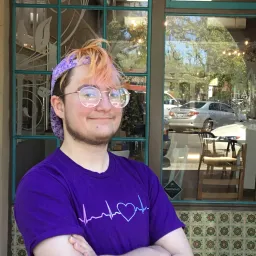
Patrick's Story
Patrick Gem Gabbett 20 years old He/Him/His & They/Them/Theirs 3 years in California's child welfare system. Patrick entered care at the age of 17 after escaping his abusive family, with the support of his online friends, school staff, and journalism teacher. He has opted into extended care until this fall when he will age out of the system. Patrick’s most...
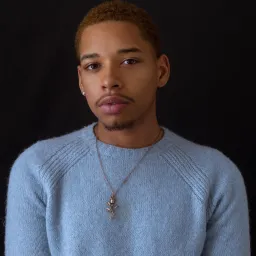
Chrissy's Story
Chrissy Carter 19 years old She/Her/Hers & They/Them/Theirs 5 years in Pennsylvania's child welfare system. Chrissy Carter entered care at the age of 13. They were asked to be removed from their home to ensure their safety as a queer black youth. After being removed, they were fortunate enough to find a home with two women who identify as lesbian...
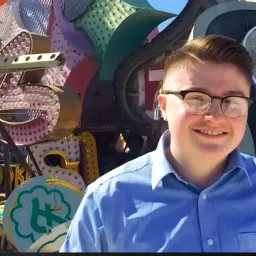
States of Equality: Tristan in Nevada
Tristan knows the power of sharing your story. As a young trans man, he spent nine months in the foster care system and faced many adverse experiences because of his identity. As a FosterClub Young Leader and a strong advocate for LGBTQ youth, Tristan’s advocacy work was fundamental to the success of Nevada’s Assembly Bill 99, a measure signed into...

